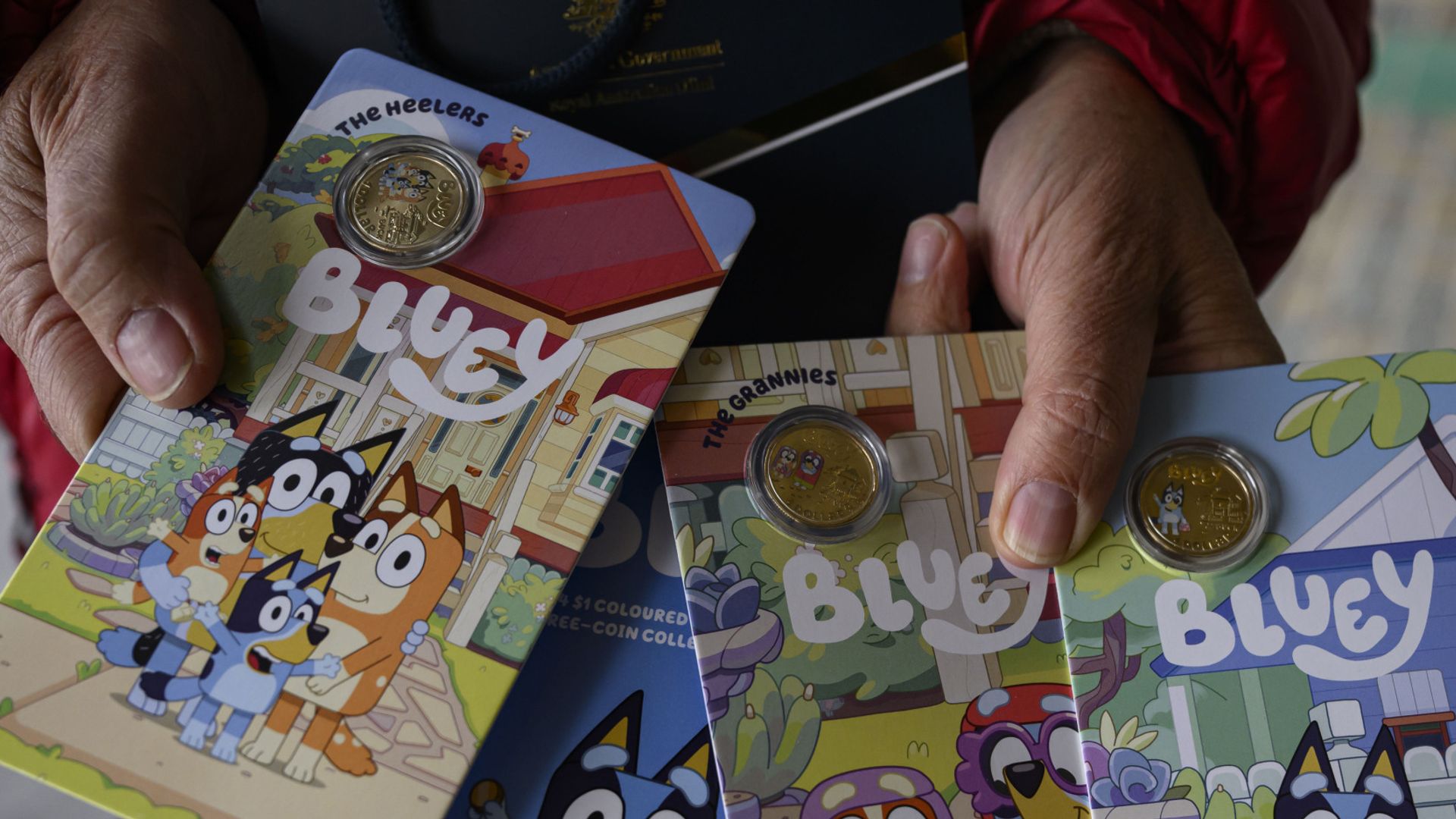
In September 2022, Orono put up new signs featuring a nature scene with bicyclists and trees. But the likeness of Penobscot chief Joseph Orono, who appears on the town seal and the old signs, was reduced to a faint watermark.
Members of the Penobscot Nation and non-Native American residents wrote to the council that they were angry, disappointed and sad about the signs. To them, the signs were “a metaphor for erasure of Native people and culture,” said Sonja Birthisel, who was elected to the council in March 2022, and some claimed their frustration was reflective of wider outcry in the tribe.
In 2019, Orono’s elected officials began discussing updating the town’s deteriorating signs. The next year, it heard from two members of the Penobscot Nation about the history of chief Orono, for whom the town is named, and how the two entities could work together to honor the town’s unique history as the only municipality in Maine named for a Wabanaki historical figure.
Then in 2021, a town committee focused on inclusivity recommended that Orono appropriately celebrate its culture, diversity and traditions, particularly of the Penobscot Nation and other Wabanaki tribes. That might be done by putting up signs with Penobscot language and history or redesigning the town seal by engaging the Wabanaki community.
Despite good intentions, input from experts and an extensive list of recommendations from the inclusivity committee, Orono created the new signs without consulting the Penobscot Nation, violating its 2021 resolution to respect the wishes of Wabanaki tribes.
Last month, the council apologized to the Penobscot Nation for changes to Orono’s gateway signs, which “relegated the image of chief Joseph Orono to a hard-to-see background image,” it wrote in a letter addressed to chief Kirk Francis, the Penobscot Nation Council and four others who shared their expertise with the council in recent years. It also apologized for the process, including not formally consulting with members of the tribe.
“We know that the erasure of Native history, culture and language by colonizer peoples in Maine over the last several hundred years has been an intentional tactic of genocide and that the minimization of chief Orono on our signs could be seen in this larger context,” the council said in its Jan. 8 letter.

In the same year Orono was discussing updating its signs, Gov. Janet Mills signed into law a controversial bill prohibiting the use of Native American names, mascots and imagery at all public schools, making Maine the first in the nation with such a ban.
The 2019 bill applied statewide, but it was aimed at Skowhegan, which was the last public school to use a Native American mascot before its board voted in March of that year to remove the “Indians.” Such mascots are a source of pain and anguish for tribes, Mills said at the time.
Councilor Sarah Marx, who created a timeline of events leading up to the apology in an attempt to understand how the town got it wrong, had heard that in the past, entities did not want to partner with the town on joint letterhead because they believed its logo looked like a mascot.
There has been debate about whether Orono’s seal depicting chief Orono in a headdress, which remains the image on the town seal, is respectful. It is accurate and culturally appropriate, said Darren Ranco, chair of Native American programs at UMaine and an anthropology professor.
“Clearly the town of Orono could have done better with this process, from my perspective,” Birthisel said. “We want to repair the hurt that’s been caused.”
Ranco and John Bear Mitchell, who are both University of Maine academics and Penobscot Nation members, consider the apology to be genuine. They are optimistic about Orono and the tribe coming together to educate the public about tribal history and why it matters today, they said.
Chief Orono, who remains on the town’s seal, was a Penobscot Nation leader who supported American colonists against the British during the American Revolution, though there are differing beliefs about his early life. He died in 1801, and the town of Orono was incorporated five years later.
In its apology, the Orono council expressed its hope to work with the Penobscot Nation to create a better process and outcome regarding signs. It is willing to return the town’s signs to their previous version, redesign signs again or consider other solutions that come from conversations with the tribe.
In September 2023, the council set aside $50,000 for signs, cultural consultation and developing projects that honor the Penobscot presence in Orono. It also pledged to not make further decisions about signs without consulting the Penobscot Nation and paying tribal members for their expertise and work on projects, among other points.

The town has not heard back from those to whom they addressed the apology, Geoff Wingard, the chairperson of the council, said. Councilors would be honored to be invited to present the apology in person at a Penobscot Nation Council meeting if desired, but they haven’t pushed, he said.
“The council is aware that members of the nation historically lived and still live in Orono,” he said. “We want to celebrate that relationship. It’s not just a relationship between governments, but it’s really a relationship within and among our community.”
Chief Kirk Francis and members of the Penobscot Nation Council did not respond to requests for comment. James Eric Francis, the Penobscot Nation’s director of cultural and historic preservation, declined to comment because they have not issued a response. But his participation in the process as a tribal government official, both in 2020 and more recently, is important, Ranco said.
In August 2020, Francis and Ranco presented to the council about chief Orono’s history. They also talked about how the two entities might collaborate, Ranco said, particularly because they were involved in the University of Maine’s project to place Penobscot language signage on campus in 2018.
In the spring of 2021, an ad hoc committee on diversity, equity and inclusion formed, including Ranco as a member. The group issued a report that summer, where it gave 10 recommendations to the council, including to form a permanent board committed to systemic change, increase transparency of town governance and celebrate the rich history and diversity in Orono, specifically of the Penobscot Nation and the Wabanaki Tribal Nations.
When the new signage went up, it caught the attention of tribal citizens in a negative way, Ranco recalled. Neither he nor Francis were consulted about potential signage changes when they were invited to speak in 2020, and they did not see mockups during the process.
“It didn’t keep me up at night, but I was like, ‘Why would they go in this opposite direction? It seemed sincere in 2020,” he said. “I don’t know exactly what happened.”
Ranco told the council in December 2023 that he is not big on public apologies, but he was supportive because it would be difficult to build trust without one. He is eagerly awaiting what happens next because there are many possibilities to collaborate, he said.
During that meeting, a permanent DEIB — diversity, equity, inclusion and belonging — Committee’s recommendations were read aloud. Among them are formally consulting with the Penobscot Nation; holding broader, more inclusive meetings about changes to town branding, signage and vision; and working with Wabanaki REACH or another group to promote cultural competency and professional development for those living and working in Wabanaki territory.
Councilor Marx, in her reflections about the signs, noted a disconnect between tribal members and the council, which stated repeatedly in meetings that it was sure it had consulted adequately with Penobscot Nation members. Among the input Marx collected from tribal members was that an apology is a sign that people are always learning and growing, not a critique of past councils.
Mitchell, who is UMaine’s Native American waiver coordinator, the Wabanaki Center’s outreach and student development coordinator and a lecturer in Wabanaki studies, doesn’t think the council issued the apology only to appease people. There are action steps, and the council’s message is one of inclusion, he said.
“I think it’s sincere, for sure,” he said. “It’s heartfelt in that they truly feel they ignored the tribe and tribal citizens who don’t represent the tribe. By not taking into consideration a large portion of the town’s history — the Penobscot Nation — they feel like they have work to do and education to gain. I think that’s really hopeful.”











